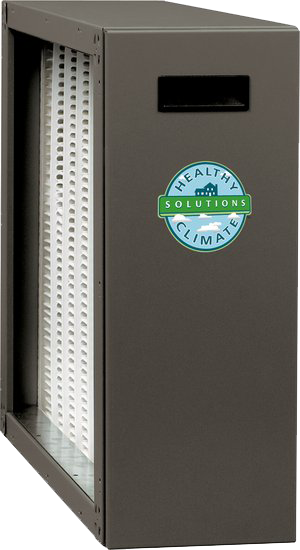
Indoor Air Quality Services
Two of the very first and most important steps when trying to improve indoor air quality are to use the most efficient filters on your equipment and make sure your filters are changed regularly.
To find out which filters are the most efficient for your equipment you must first research the MERV rating is on the filters you are using. The MERV system, which stands for Minimum Efficiency Reporting Value, is an industry-standard system for rating the minimum efficiency of air filters. The MERV system rates the filters on a scale of 1-16, with one being the least efficient and 16 the most efficient. Often times, the simple, cheap throw-away filter you buy at the grocery store has a MERV rating of 1-4, which means it is only catching the largest of the airborne particles. A filter with a MERV rating of 3 traps larger particles like dust mites, standing dust, and carpet fibers. If you want your filter to catch 75% or more of the particles in the air, then you will want a filter that has a MERV rating of 14-16. A MERV 16 rated filter will trap things as tiny as bacteria and smoke. To keep it simple in the world of filters, you get what you pay for! While the higher rated filters might cost more, they are worth the investment if your goal is clean indoor air.
Once you have found the most energy-efficient filter for your home, the second thing you must do is properly maintain your system. When you buy a filter with a higher MERV rating you must regularly change the filter. As the filter becomes loaded with particles, the available space for air to flow through becomes smaller. When this happens the result is cleaner air but also less air movement, which causes your furnace to have to work harder to move the air. The filters must be replaced on a regular basis in order to ensure proper air flow. We offer a Planned Service program that you can enroll in. A technician will come to your house every few months and check and change your filters as well as clean all of your equipment.
We like to think of Planned Service as an “oil change” for your HVAC equipment. Just like a car needs an oil change and a tune up to run at its peak efficiency, so does your heating and air conditioning equipment!




